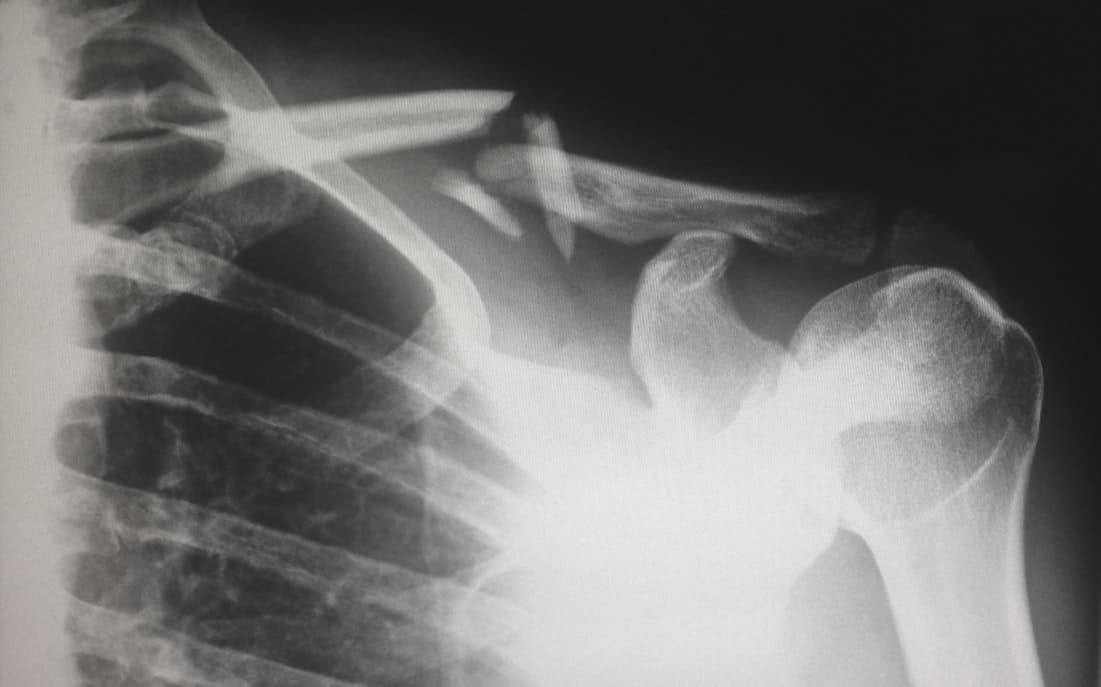
[su_spacer]
Osteoporosis is a condition that weakens bones, making them fragile and more likely to break or fracture. According to The National Osteoporosis society, more than 3 million people in the UK are estimated to have it. It causes 500,000 broken bones every year – that’s one a minute[su_spacer]
People with osteoporosis can break bones from a simple fall (of less than one metre), lifting a heavy object or moving in a way that twists the spine. The consequences of osteoporosis can make life difficult and can cause a serious worry to people as they age[su_spacer]
Our bone density naturally declines as we age, women are more at risk than men, particularly after the menopause. Other factors can cause osteoporosis such as heavy drinking and smoking, being underweight and certain medications[su_spacer]
We add to our peak bone mass throughout our childhood, adolescence and twenties as our skeleton grows and becomes dense. At thirty, bone mass begins to decline for most people. So it’s of great importance to educate young people about how to build healthy bone mass. Unfortunately, many young people fall prey to restrictive diets, lack of activity and too much drinking and smoking. If this sounds like your youth, don’t worry, bone is living tissue and there are things you can do as an older adult to help maintain your bone strength[su_spacer]
Tips for keeping your bones healthy[su_spacer]
-
Make sure you’re getting enough calcium and vitamin D so that your body has the tools it needs to repair and build bone tissue.
-
-
Get a varied, healthy diet. Extreme restriction of calories can hurt your bone density and muscle mass.
-
Try and keep to a healthy body mass index (BMI)[su_spacer]
If you do have osteoporosis, it’s very important to reduce your risk of falls. This includes things like having good lighting around the home, removing things on the floor that could cause trips and keeping your eye sight in check, but improving your balance can help a lot[su_spacer]
Our muscles play a big part when it comes to helping us balance well. While muscle mass also reduces naturally as we age, we can make efforts to increase our muscle mass and improve our balance[su_spacer]
A physiotherapist can help you improve your balance and slow down bone density loss, as well as helping with recovery from the consequences of osteoporosis – fractures and broken bones[su_spacer]
As we age, falls, fractures and broken bones are a big worry and can affect whether we are able to live independently or not. It’s never too late, or too early to start investing in your bone health[su_spacer]
 [su_spacer]
[su_spacer]
